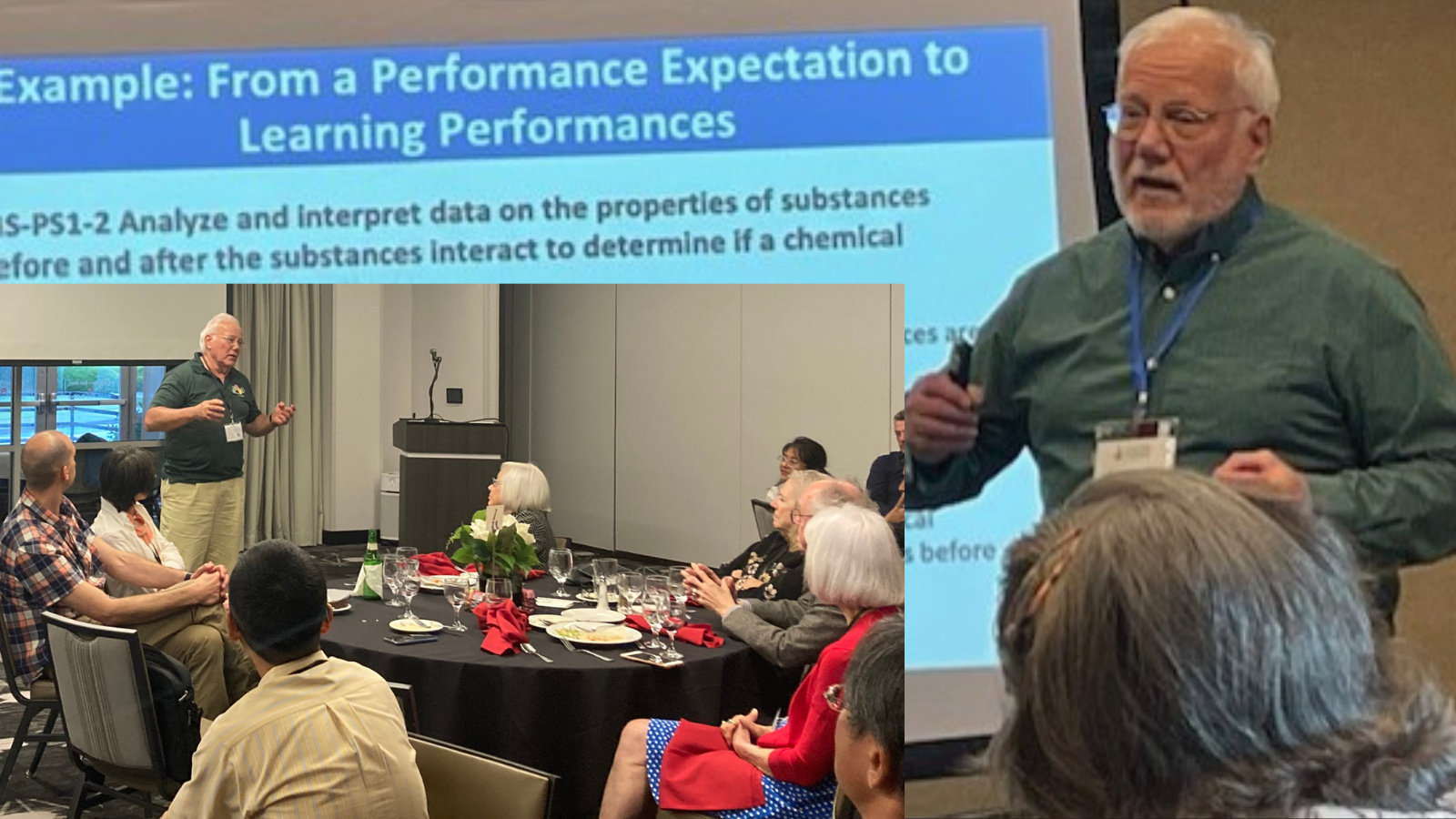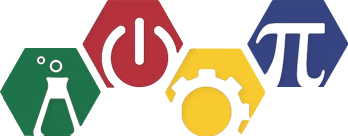This study explores the adaptations made by elementary school teachers to promote student Productive Disciplinary Engagement (PDE) during modeling activities within an online learning context. PDE means students make collective intellectual progress by using disciplinary practices and ideas to formulate possible solutions or answers. Given the abrupt transition to remote education instigated by the COVID-19 pandemic, student engagement and hands-on learning opportunities have faced significant challenges.
Research

CREATE for STEM Institute teams conduct research that focuses on impactful projects in undergraduate education through Discipline-Based Educational Research (DBER). We design innovative K-16 science curricula and investigate the effects of new teaching methods on student learning, engagement, and community impact, with our work increasingly incorporating artificial intelligence to enhance support for teachers and learners. We are leaders in STEM assessment design and professional development for educators, collaborating with international partners in over a dozen countries. CREATE fosters new talent, provides seed money for initial work and supports the grant writing process. Our goal is for CREATE to be a hub for the exchange of information and ideas!
Publications
Adapting scientific modeling practice for promoting elementary students’ productive disciplinary engagement
Beyond inquiry or direct instruction: Pressing issues for designing impactful science learning opportunities
We recently published a paper in this journal (de Jong et al., 2023) that presented an overview of the literature on learning in science domains through direct instruction and guided inquiry-based learning. This paper was, in part, a response to Zhang et al. (2022) who argued that the evidence firmly supported the superiority of direct instruction over inquiry learning. Sweller et al.
Handbook of Research on Science Learning Progressions
Gathering contributions from leading scholars around the world, this handbook offers a comprehensive resource on the most recent advances in research surrounding the theories, methodologies, and applications of science learning progressions. Researchers and educators have used learning progressions to guide the design and alignment of curriculum, instruction, and assessment, and to help students learn scientific knowledge and practices in a coherent and connected way across multiple years.
Gender Differences and Similarities in High School Science Performance— What Do Item Response Patterns Tell Us?
The current study expands on previous research on gender differences and similarities in science test scores. Using three different approaches – differential item functioning, differential distractor functioning, and decision tree analysis – we examine a high school science assessment administered to 3,849 10th-12th graders, of whom 2,021 are girls. Our findings confirm no significant gender differences in overall science performance. However, we identify differences in the incorrect distractor responses between females and males, especially on items that require spatial thinking.
Applying Rasch Measurement to Assess Knowledge-in-Use in Science Education
This study applied the many-facet Rasch measurement (MFRM) to assess students’ knowledge-in-use in middle school physical science. 240 students completed three knowledge-in-use classroom assessment tasks on an online platform. We developed transformable scoring rubrics to score students’ responses, including a task-generic polytomous rubric (applicable to the three tasks), a task-specific polytomous rubric (for each task), and a task-specific dichotomous rubric (for each task). Three qualified raters scored 240 students’ responses to the three tasks.

